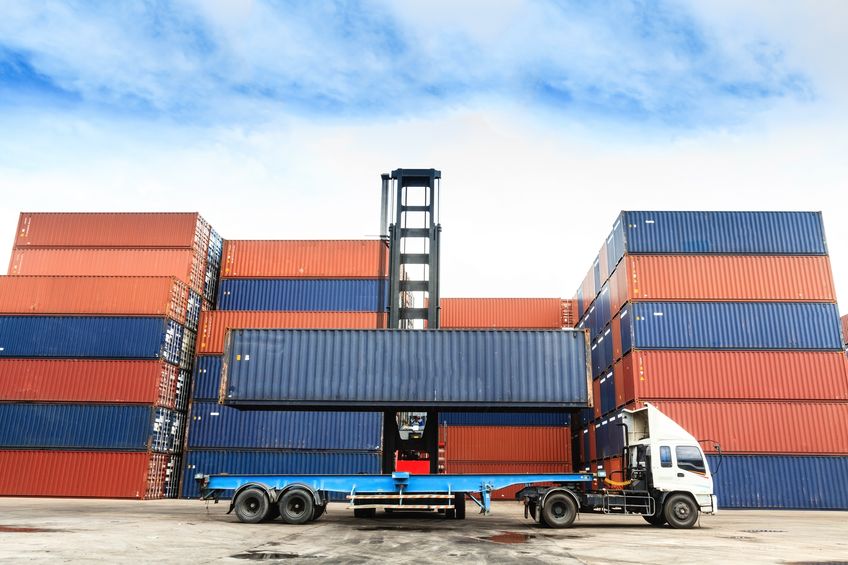
UK exports of sheep meat fell by nearly 20 percent year-on-year in May as countries were under the Covid-19 lockdown, figures by AHDB show.
Exports of fresh and frozen sheep meat, including carcases, bone-in and boneless cuts, fell 19% year-on-year in May to 6,200 tonnes.
According to AHDB, this mirrors the trend seen in domestic lamb production, which was down by a fifth year-on-year in May.
A smaller quantity of fresh lamb carcases was shipped during the month compared to the same time last year, which was the reason for the overall fall in volume.
This continues the trend seen in fresh lamb carcase exports over the last three months, AHDB explained.
On a country-by-country basis, less product was sent to Germany, France, the Netherlands and Belgium, which offset an increase in volumes sent to Ireland.
AHDB livestock analyst, Hannah Clarke said: "UK exports from January - May (inclusive) are now 17% (6,200 tonnes) behind where they were last year, primarily due to a fall in the quantity of fresh lamb carcases shipped.
"Shipments are lower to Germany (-3,100 tonnes) and France (-3,000 tonnes) in particular," she explained.
The decline in exports has been weighted towards months when lockdown measures were in place, with loss of a ‘normal’ Easter being a particular blow to shipments.
Meanwhile, figures show imports of fresh and frozen sheep meat into the UK during May fell by 26% year-on-year to 4,600 tonnes.
"A smaller quantity of imported frozen boneless cuts was the main driver of the decline," Ms Clarke said.
"Less product was received from New Zealand (-500 tonnes) and Ireland (-400 tonnes) in particular, while Australia also lowered shipments."
This has brought imports for January - May (inclusive) to 29,900 tonnes, down 9 percent on last year.
Volumes from New Zealand and Ireland have fallen by 1,700 and 1,300 tonnes year-on-year respectively, offsetting a 1,100 tonne rise in volumes from Australia.
